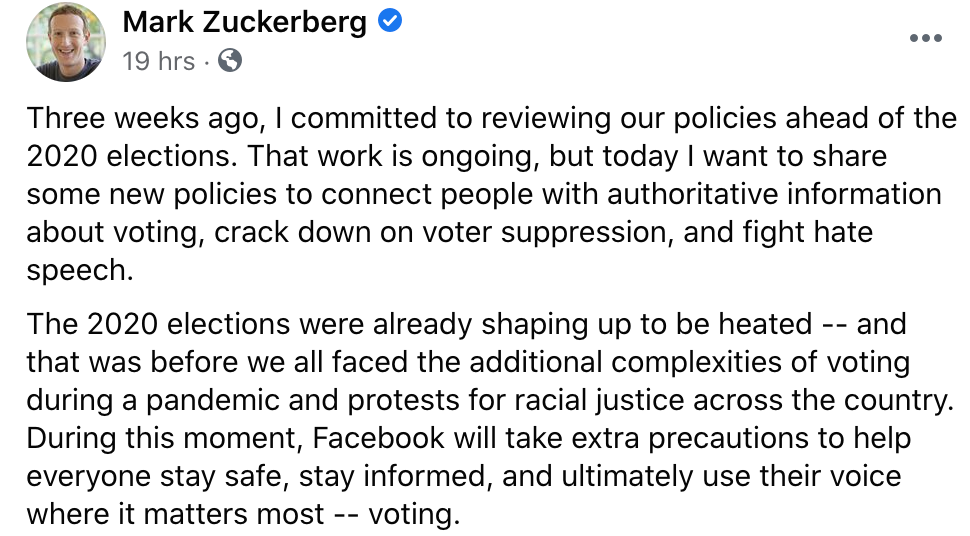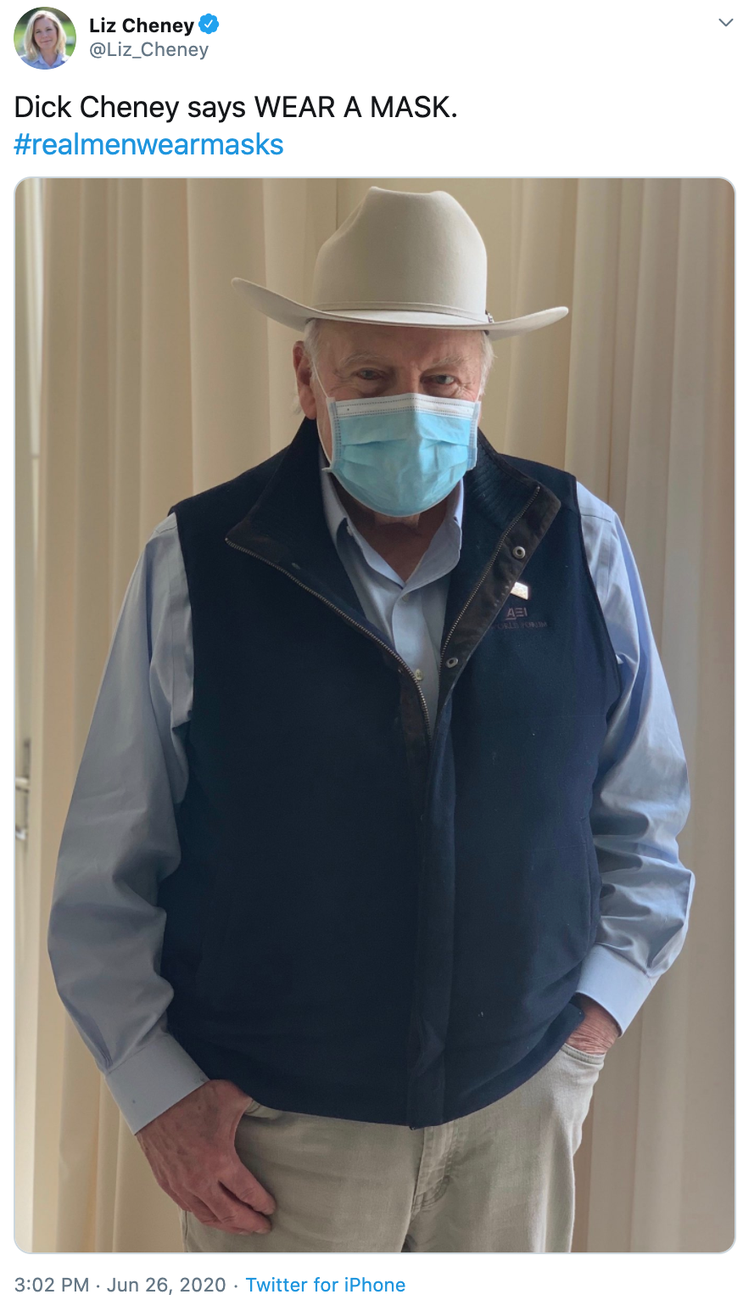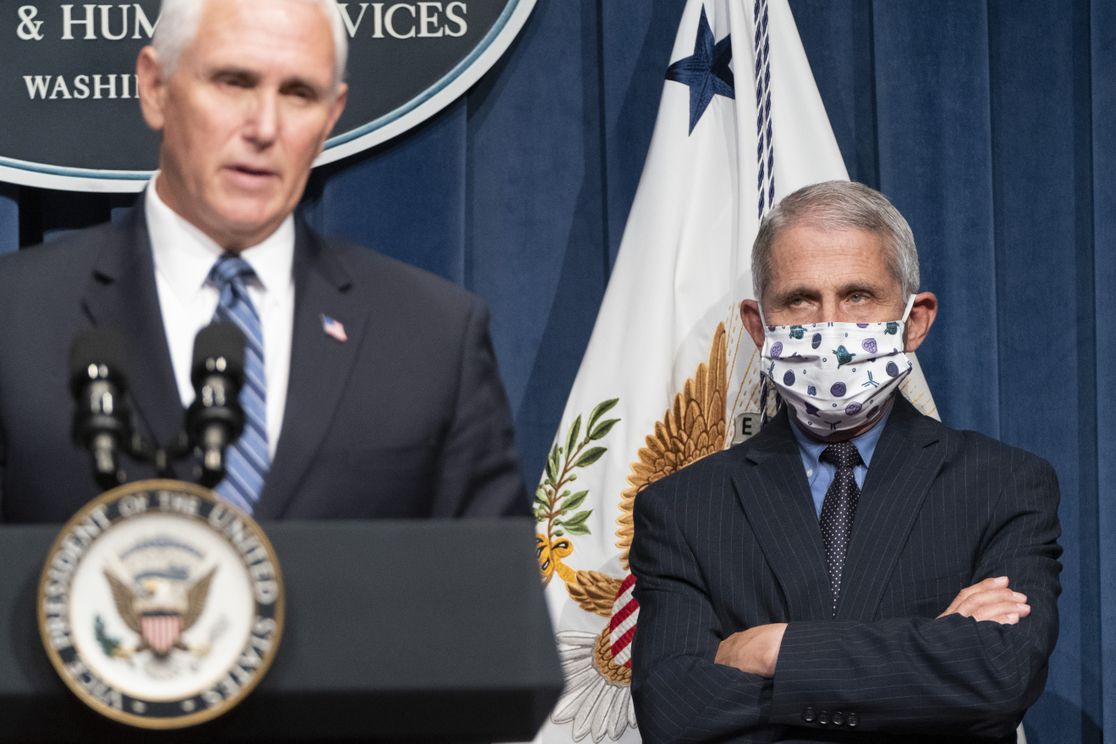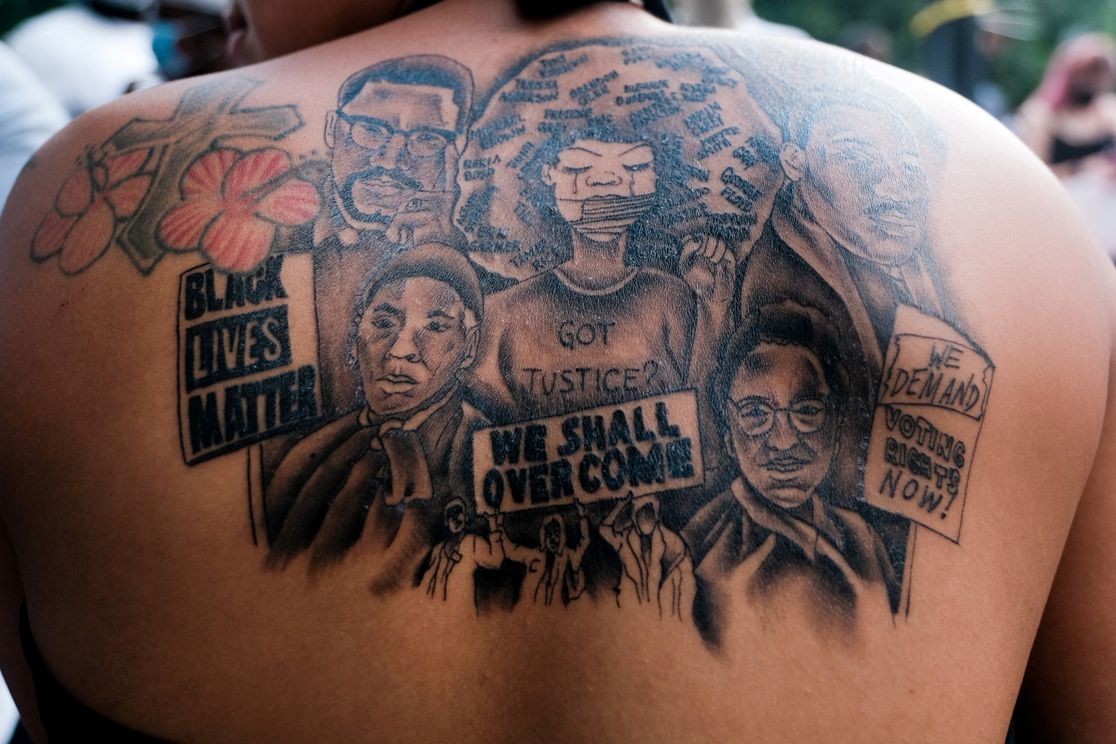|
|
|
|
|
|
|
Presented By Google
|
|
|
|
Axios AM
|
|
By Mike Allen ·Jun 27, 2020
|
|
⚡ HOUSTON (AP) — A federal judge last night ordered the release of children held with their parents in U.S. immigration jails and denounced the Trump administration’s prolonged detention of families during the coronavirus pandemic.
📬 Happy Saturday! We’ll be back in your inbox this afternoon with a bonus Deep Dive on ways the virus and the reckoning on race are reshaping Congress.
|
|
|
|
|
|
1 big thing: Cities are already defunding police
|
|

|
|
|
Illustration: Aïda Amer/Axios
|
|
|
|
“Defund the police” has had an overnight impact as cities move quickly to slash their police department budgets, Stef Kight and Kim Hart report.
- Defunding police means something different to everyone. But the common theme involves cutting funding from police budgets, then investing in social programs to address underlying issues like mental health and addiction.
What’s happening: In Minneapolis, the Park and Recreation Board, the University of Minnesota, the public school system and museums have ended or limited their relationships with the police department, the Star Tribune reported.
- Last week, the Baltimore City Council approved a $22.4 million budget cut for the police department.
- The Portland City Council cut $15 million from its police budget earlier this month. $5 million of that would be put toward a new program that sends unarmed first responders to answer homelessness calls.
- Philadelphia canceled a planned $19 million increase for the police department and shifted $14 million of the police budget elsewhere — including affordable housing.
- In Seattle, every department budget is being trimmed by around 10%, Seattle Mayor Jenny Durkan told Axios’ Dan Primack on the Re:Cap podcast. “We have to rethink what remains in the police department.”
What to watch: Ongoing protests have put pressure on local decision makers to review police programs and policies just as many cities prepare to start the fiscal year on July 1.
- The U.S. Conference of Mayors on Thursday released principles to guide a “police reform framework” that mayors and police chiefs can adopt to deter patterns of racial discrimination. That framework is expected to be announced in the next month.
Share this story.
|
|
   
|
|
|
|
|
|
2. The bottom-up revolution hits Facebook
|
|

Unilever, one of the biggest advertisers in the country, said it will no longer buy ads on Facebook properties or on Twitter, citing both companies’ policies on content moderation, Axios’ Sara Fischer writes.
- Also. yesterday, Coca-Cola Chairman and CEO James Quincey said the massive advertiser “will pause paid advertising on all social media platforms globally for at least 30 days.”
- And then his zinger: “We … expect greater accountability and transparency from our social media partners.”
- Similarly, Unilever headlined its announcement: “Driving a Responsible Digital Ecosystem in These Polarized Times.”
Why it matters … This is a vivid example of a trend spotted last year by Axios CEO Jim VandeHei, and amplified by the new American realities brought on by the virus and protests: CEOs are the new politicians.
- They’re helping do what President Trump and Congress would not.
Facebook said yesterday that it will flag “newsworthy” posts from politicians who break its rules, including Trump.
- CEO Mark Zuckerberg had previously said people deserved unfiltered statements from leaders. (Details.)
- Facebook told me yesterday’s changes were in the works before the boycott, with an eye toward November.
The big picture … This is another example of the bottom-up revolution: Employees expect something, CEO does something, Facebook responds.
|
|
   
|
|
|
|
|
|
3. Why contact tracing is failing
|
|

|
|
|
Illustration: Aïda Amer/Axios
|
|
|
|
Government virus expert Anthony Fauci told reporters at a press briefing yesterday that contact tracing efforts to contain the coronavirus are “not working.”
- Without a vaccine, contact tracing of cases is the best tool available to stem the spread of an outbreak.
- But understaffed public health agencies, privacy concerns, disappointing technology and the sheer size of the pandemic are limiting the technique’s effectiveness, Bryan Walsh writes in his Axios Future newsletter.
The public health standard is that a state should have at least 30 contact tracers — public health employees dedicated to investigating the contacts of positive cases — for every 100,000 people during a pandemic.
- CDC Director Robert Redfield testified that 27,000 to 28,000 people are doing contact tracing work. That’s well below the minimum 99,000 tracers that the Association of State and Territorial Health Officials estimated are necessary for the U.S. to safely reopen.
- Other public health experts believe the true need is closer to 300,000 tracers.
Context: The U.S. has had great success in the past controlling diseases like HIV and tuberculosis through contact tracing.
- But COVID-19 would present enormous challenges to even a well-funded and well-staffed national contact tracing effort — which the U.S. assuredly does not have.
Share this story. … Sign up for Bryan Walsh’s twice-weekly Axios Future newsletter.
|
|
   
|
|
|
|
|
|
A message from Google
|
|
Helping small businesses make the most of digital tools
|
|
|
|

|
|
|
|
From starting a livestream to updating information on Google, Quick Help is a series of short videos designed to help small business owners make the most of Google tools.
Watch now.

|
|
|
|
|
|
4. Tweet du jour
|
|

|
|
   
|
|
|
|
|
|
5. Florida, Texas roll back reopenings as cases explode
|
|

Above, lines of cars wait yesterday at a coronavirus testing site outside of Hard Rock Stadium in Miami Gardens, Fla.
“For the first time, some governors are backtracking on reopening their states, issuing new restrictions for parts of the economy that had resumed,” the N.Y. Times reports (subscription).
- “Leaders in Texas and Florida abruptly set new restrictions on bars, a reversal that appeared unthinkable just days ago.”
- “And Gov. Gavin Newsom of California told rural Imperial County, where hospitals have been overwhelmed with patients, that it must reinstate a stay-at-home order.”
- “This is a very dangerous time,” Ohio Gov. Mike DeWine (R) told The Times. “I think what is happening in Texas and Florida and several other states should be a warning to everyone.”
How it’s playing …

|
|
   
|
|
|
|
|
|
6. Quote of the day
|
|

Yesterday’s briefing. Photo: Joshua Roberts/Getty Images
At a White House Coronavirus Task Force briefing, held yesterday at HHS, Vice President Pence was asked: “Dr. Fauci has talked about not gathering in large crowds. Can you tell me … why the campaign continues to hold these rallies?”
- Pence: “Well, the freedom of speech, the right to peaceably assemble is enshrined in the Constitution of the United States. And we have an election coming up this fall. And President Trump and I believe that — taking proper steps, as we’ve created screening at recent events, and giving people the very best counsel that we have — we still want to give people the freedom to participate in the political process. And we respect that.”
Chaser … “Dozens of Secret Service officers and agents told to self-quarantine after Trump’s Tulsa rally.” —The Washington Post
|
|
   
|
|
|
|
|
|
7. Russia offered bounties to kill U.S. troops
|
|

Russian sailors march toward Red Square in Moscow on Wednesday, during a Victory Day military parade marking the 75th anniversary of the Nazi defeat. Photo: Mikhail Voskresenskiy/Host Photo Agency via AP
American intelligence officials concluded months ago “that a Russian military intelligence unit secretly offered bounties to Taliban-linked militants for killing coalition forces in Afghanistan — including targeting American troops,” the N.Y. Times reports (subscription).
- “The intelligence finding was briefed to President Trump, and the White House’s National Security Council discussed the problem at an interagency meeting in late March.”
“Officials developed a menu of potential options — starting with making a diplomatic complaint to Moscow and a demand that it stop, along with an escalating series of sanctions and other possible responses,” The Times adds.
- “The White House has yet to authorize any step.”
|
|
   
|
|
|
|
|
|
8. The long view: America’s 5 epic changes
|
|

Promise Goodwine protests against racial inequality in D.C. on June 13. Photo: Michael A. McCoy/Reuters
N.Y. Times columnist David Brooks writes that “five gigantic changes” are happening in America all at once (subscription):
1. “[W]e are losing the fight against Covid-19. Our behavior doesn’t have anything to do with the reality around us. We just got tired so we’re giving up.”
2. “[A]ll Americans, but especially white Americans, are undergoing a rapid education on the burdens African-Americans carry every day. … [P]ublic opinion is shifting with astonishing speed.”
3. “[W]e’re in the middle of a political realignment. The American public is vehemently rejecting Donald Trump’s Republican Party.”
4. Social justice is sweeping the culture, with the argument: “History is essentially a power struggle between groups, some of which are oppressors and others of which are oppressed. … Words can thus be a form of violence.”
5. “[W]e could be on the verge of a prolonged economic depression.”
|
|
   
|
|
|
|
|
|
9. “Simpsons,” “Family Guy” to stop using white actors for characters of color
|
|

Apu in a 2007 promotion for “The Simpsons Movie.” Photo: Fred Prouser/Reuters
“The two long-running Fox shows join the likes of Netflix’s ‘Big Mouth’ and Apple’s ‘Central Park’ in making their casts more representative of what’s on screen,” per The Hollywood Reporter.
- “The Simpsons” said in a statement: “Moving forward, The Simpsons will no longer have white actors voice non-white characters.”
- Mike Henry of “Family Guy” tweeted that he’ll stop voicing Cleveland Brown, the show’s main Black character: “It’s been an honor to play Cleveland on Family Guy for 20 years. I love this character, but persons of color should play characters of color. Therefore, I will be stepping down from the role.”
Share this story.
|
|
   
|
|
|
|
|
|
10. ⚾ Spring training becomes summer camp
|
|

Dodger Stadium stands behind locked gates Wednesday. Photo: Mark J. Terrill/AP
Forget about those halcyon first few days of spring training, when arranging for the right tee time is often more challenging than the work on the field, AP’s Jay Cohen writes:
- When major leaguers report next week for spring training 2.0 — or perhaps more accurately, baseball’s first summer camp — time will be precious, with about three weeks before opening day.
- “We’re going to have some live batting practices the first day they show up,” Kansas City manager Mike Matheny said. “Multiple ups for the starters. … These guys are prepared for that. They’ve been hungry for it.”
All across the majors, the race is on to set up travel plans and work out the final details for training ahead of an unforgiving season of just 60 games.
- After intake coronavirus tests and a mandatory quarantine period while awaiting results, full-squad workouts likely will begin next weekend.
The regular season starts July 23 and 24.
|
|
   
|
|
|
|
|
|
A message from Google
|
|
Free 1:1 sessions for small businesses and job seekers
|
|
|
|

|
|
|
|
Grow with Google OnAir is an online learning platform offering free digital skills workshops, live and on-demand events, and 1:1 virtual coaching sessions with Google employees.
Learn more.

|
|
|
|
📱 Thanks for reading Axios AM. Please invite your friends to sign up here.
|












